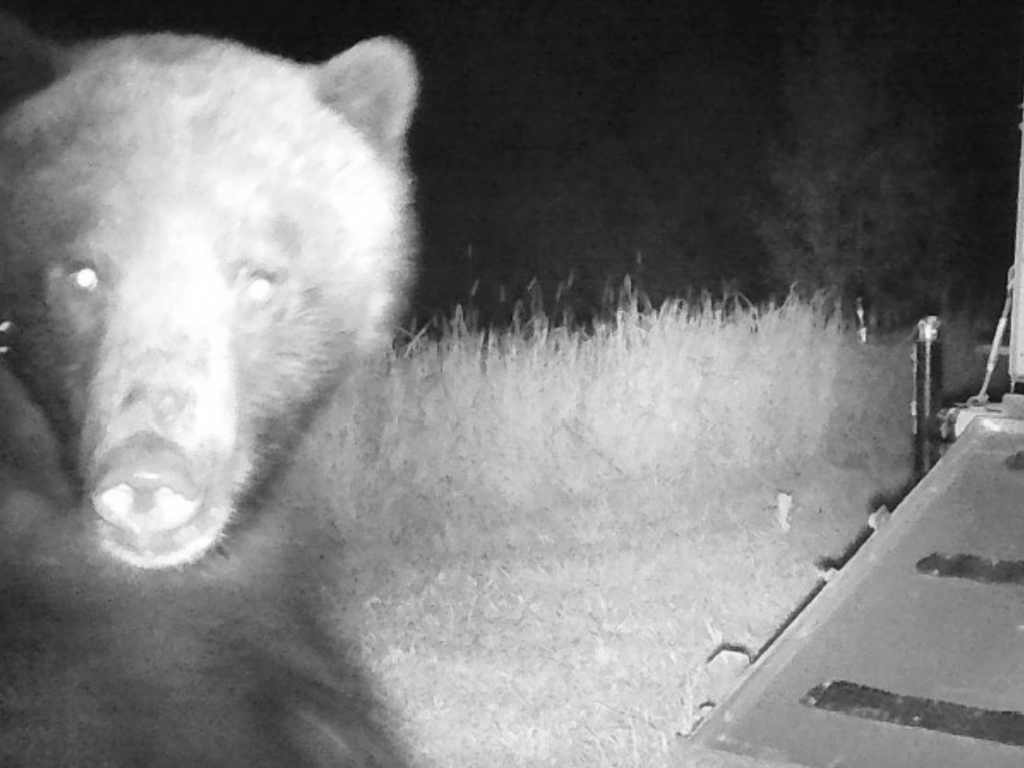- The Montana grizzly bear attack that killed a woman is "extremely rare," a biologist told Insider.
- Leah Davis Lokan was fatally mauled by a grizzly bear while camping just an hour after she scared it off, a report found.
- "It's very rare to have a situation like this. I never heard of anything else like it," said biologist Lynn Rogers.
The Montana grizzly bear attack that left a woman who was camping dead just an hour after she scared off the animal is "unexplainable" and "extremely rare," a biologist and bear expert told Insider on Thursday.
"It's very rare to have a situation like this. I never heard of anything else like it," said Lynn Rogers, the founder of the North American Bear Center who has studied wildlife behavior and ecology for more than 50 years.
The fatal July 6, 2021, mauling of retired California nurse Leah Davis Lokan was detailed in a recent report by the Interagency Grizzly Bear Committee.
Lokan, a 65-year-old cyclist, was killed instantly by a 417-pound male grizzly bear inside her tent at around 4 a.m. at a campground in Ovando, Montana.
An hour before the attack, Lokan and another couple camping nearby managed to chase away the same bear by making noises, the report said.
Though Rogers said the mauling was "hard to explain," he speculated that the bear likely attacked Logan because the animal was "desperate for food" and "fearful."
"What makes bears more likely to attack is extreme fear because that makes them more defensive," Rogers said, adding that the majority of attacks by grizzly bears are "defensive."
The bear was "probably searching for food" when it returned to Lokan's tent and likely was "startled" by Lokan inside of it, said Rogers.
"It's just like with dogs — it's the fearful ones that bite, and that's been my experience," said Rogers.
The 83-year-old Ely, Minnesota-based bear specialist explained that "food is the most important thing influencing bear behavior."
The Interagency Grizzly Bear Committee's report found that following the first encounter with the bear, Lokan removed packaged food and dried lentils from her tent and armed herself with a can of bear spray.
Though no food was found inside Lokan's tent after she was killed, investigators discovered two dried blueberry bags containing toiletries — and the bags still smelled of berries, the report said.
"I don't know what was attracting the bear to that tent, but I would think it had something to do with food," Rogers said.
According to the report by the Interagency Grizzly Bear Committee, an autopsy found that the grizzly bear had broken Lokan's neck and severed her spine, killing her instantly.
DNA tests confirmed that the bear that attacked Lokan also raided a chicken coop in the hours after the mauling, the report said.
The bear, which was estimated to be 4 to 7 years old, was killed by officials days later after it went back to another chicken coop it previously visited, according to the investigation.
The report concluded that the attack on Lokan "appears to have been a predatory attack by a habituated or food conditioned bear," meaning a bear that has learned to obtain non-natural, human food.
"Predatory attacks are rare, and we do not know exactly how, why, or when the predatory instinct occurred," the report said. "Food and toiletries inside and near the tent as well as food scent left behind from July 4th picnic celebrations prior to the attack were likely contributing factors."
However, Rogers disagreed with the assessment that the attack was "predatory" and said that most predatory bear attacks occur in remote, unpopulated forested areas.
"Food conditioned doesn't make a bear attack," he added. "It just makes it seek food where they know it can be when food in the woods is scarce."
